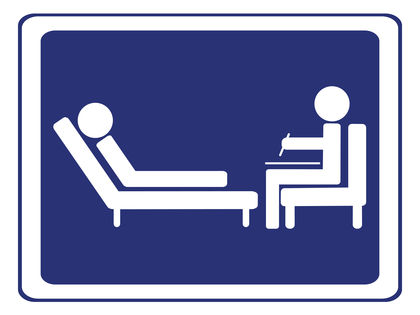I wrote in this thread as veesie in 2008, and just in case anyone else is wanting information on Boston Grad School of Psychoanalysis, I thought I'd throw in a perspective, having studied there for 7 years. My advice: stay away from this school. It is massively unethical as an academic institution. They are not honest about how much time and money it takes to be there, and once they've got you, they milk you for all they can. They manipulate requirements to keep students longer and the students don't refute this because they have to sit in front of the "committee" and pass their orals for the dissertation in order to finish. People remain quiet and when they're done, they either join the faculty and bully students, as other faculty do, or they get the hell out of there. You do learn about psychoanalysis, of course. I did learn something in my 7 years, but my god, the amount of money and time spent is not commensurate with the experience and learning -- not even close. I am still a doctoral student and when I explain my desire to graduate in a timely manner, their response is "what's the rush". The school has serious trouble helping their students to individuate and move on. I sit in classes now where we don't discuss readings and instead listen to professors haphazardly talk about their clients. The learning is minimal at best. Professors are arrogant and irresponsible. I have heard professors disclose things about other students to me, in appropriately, and I ask myself, "Is this who you want as your role model?" Well, it's too late for me to turn back but if you are considering this school, for god sakes, do your homework first. Heed the warning signs. I wish I had. Going to this school is most definitely the worst mistake I have ever made. It's not a healthy environment and not a healthy community. There are other places to get a psychoanalytic education.


